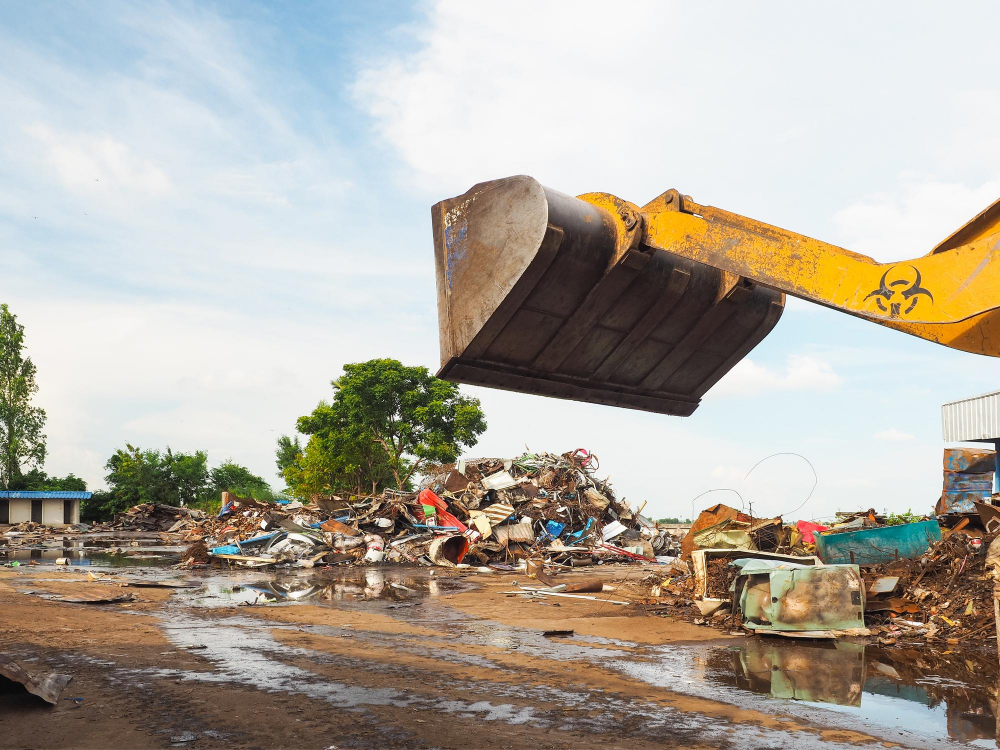Demolition is a critical stage in construction projects, whether for residential, commercial, or industrial sites. While the main goal is to clear structures efficiently, environmental considerations and proper waste management have become increasingly important. Sustainable practices not only protect the surrounding ecosystem but also ensure compliance with legal regulations and reduce long-term costs.
Reducing Environmental Impact
Modern demolition projects prioritize minimizing the environmental footprint. Contractors carefully plan the demolition process to avoid unnecessary damage to nearby structures and green spaces. Dust control, noise reduction, and proper disposal of hazardous materials are all part of environmentally responsible demolition practices. Using machinery efficiently and employing modern techniques can also reduce fuel consumption and greenhouse gas emissions.
Sorting and Recycling Materials
One of the key aspects of waste management is sorting materials for reuse or recycling. Concrete, metals, wood, and bricks can often be processed and repurposed in new construction projects. Recycling not only reduces landfill waste but also lowers the demand for raw materials. Many demolition contractors now implement on-site separation strategies to maximize the volume of materials that can be reused or recycled.
Handling Hazardous Waste
Certain materials, such as asbestos, lead-based paint, or chemicals, require special handling. Professional contractors follow strict safety protocols to contain, remove, and dispose of hazardous waste according to legal requirements. This ensures the safety of workers, residents, and the surrounding environment. Proper documentation and disposal methods are essential to meet regulatory standards and avoid penalties.
Efficient Site Management
Effective site management is crucial for reducing environmental impact. Contractors plan logistics to minimize transportation emissions and use equipment in ways that reduce noise and dust. Temporary barriers, water sprays, and controlled demolition techniques are often employed to maintain safe and clean surroundings throughout the project.
Key Best Practices
- Plan demolition to minimize environmental disruption
• Separate materials on-site for recycling and reuse
• Safely handle hazardous substances with proper containment
• Monitor dust, noise, and emissions during demolition
• Ensure compliance with environmental and safety regulations
Professional expertise is vital for achieving these outcomes. Trusteddemolition contractors London provide comprehensive planning, efficient execution, and responsible waste management to ensure projects are completed safely, sustainably, and in compliance with all regulations. By prioritizing environmental considerations, they protect communities and deliver high-quality demolition services.





